A SMALL FOUNDATION
WITH GREAT ENERGY
Our method in 4 phases
The children who are helped by Happy Watoto go through a process of 4 phases in which they are intensively supervised. These 4 phases consist of: kindergarten, primary school, secondary school and further education, where we also focus on support in finding a paid job.

Our children’s home and kindergarten for 3-6 year olds in Kikatiti.
Sound education is the key to an independent existence. Our main goal. By offering quality education, we offer children the prospect of a better future. A future in which they can send their own children to school and in this way we can break the cycle of poverty.
Until then, we offer shelter to a number of children in the Kikatiti Happy Watoto Home, which was built in 2001. In 2009 we added a small kindergarten and a second house. Since that time, we have been taking care of 56 toddlers aged 3-6 years in Kikatiti. We care for orphans and children from difficult families who do not receive basic care or have a safe home.
Kindergarten is taught according to the Montessori method. Here the toddlers are playfully familiarized with English. The last year in Kikatiti is spent in the pre-primary class. This is how we prepare them for English-language education in Ngorika.
We prepare them for the transition to English-language education at our primary school in Ngorika, where they spend their last year at Kikatiti in kindergarten.
Every year we welcome a maximum of 12 new toddlers. Many of these children come from disadvantaged backgrounds and have had traumatic experiences. They require a lot of extra care and attention from our team of Tanzanian employees. Because we have 1 employee (matron/patron) available for every 6 children, we are able to provide the personalized care that is needed.
Our primary school and home for 7-13 year olds in Ngorika
Ngorika Home and School is our primary school and home for children between 7 and 13 years old. The home can accommodate up to 104 children, mainly consisting of the annual inflow of children from Kikatiti. A team of 12 ‘matrons’ and ‘patrons’ led by Peter Claver, is responsible for the education of the children, homework support and extracurricular activities. The annual operating costs of the house are financed by Förderverein Good Hope Centre, a friendly charitable institution from Germany that we have been working with since 2009 in Ngorika.
The primary school is set up in such a way that we can also admit neighborhood children. These are children from poor families where there is little money at home for education. Although families contribute according to their means (and sometimes in kind), this is a very important source of income for us.
In total we can provide 280 children with English-language primary education in Ngorika School. We have consciously opted for English-language education because, in our opinion, this considerably increases the children’s opportunities on the labor market. In addition to the compulsory school curriculum, attention is also paid to sports and creative subjects, so that the children can develop to their full potential. While 60-80 children per class is common in Tanzania, our classes do not exceed 35-40 children.
A team of 14 (academic) teachers, guarantees the high quality educational standard that we have set ourselves. Since our foundation, we have been ranked in the top 10 of best-performing English-language primary schools in the district almost every year.
This Youtube-link gives an impression of our project in Ngorika.
The film (summer 2019) is an initiative of Good Hope, our German partner and therefore in German (with English subtitles).
The high school phase for 14-17 year olds
After primary school in Ngorika has been completed and the national entrance exam has been passed, the children continue for further education.
Most children go on to do O-level at secondary school. These children are placed in external boarding schools, where the in-home boys and girls are separated. Since 2013, we have maintained close contacts with, among others, Tengeru Boys, Henry Gogarty Memorial Girls, Edmund Rice, Unambme and Enaboishu Secondary School (all private schools) and some good government schools in the Arusha area.
Other children follow vocational training. They are introduced to different professions and skills. They then choose a profession in which they are trained and which they can later turn into their profession.
By offering secondary education externally, we have many options available to the children and we can choose the school that best suits the learning needs of the child.
The last phase up to ± 18 years
In this phase, the focus is on helping the students (± 16 years old) to develop the skills they need to build an independent life.
We do this by following a 1- or 2-year vocational training course after completing secondary school (at Ordinary level, comparable to our VMBO). Happy Watoto pays for students’ housing and tuition fees. This concerns about 12 to 14 children per year.
Our ultimate responsibility in this final phase is to help students find a paid job or set up their own business. Our mentor Peter Claver plays an important role in guiding the children to the labor market. We also work with organizations that facilitate workplaces and with parties that provide microcredit to support young entrepreneurs, such as partner organization Pamoja Nguvu.
Students who are academically gifted continue at our expense for another two years at the Advanced level (similar to VWO). After that, we try to pay for their university fees through sponsoring and scholarships. Upon admission to the university, the financial support from Happy Watoto stops.
Link NL page toevoegen
SIGN UP FOR THE NEWSLETTER


